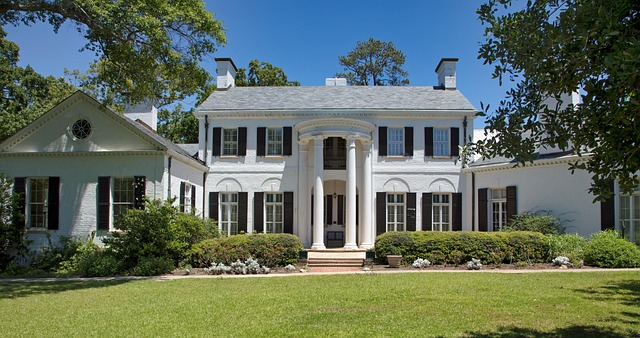Spam calls are a growing issue in Rock Hill, SC, but the Telephone Consumer Protection Act (TCPA) offers consumer protection. To stop spam calls effectively and ensure legal compliance, consult a reputable spam call law firm South Carolina or TCPA lawyer. Integrate call blocking features into your smart home system, leveraging tools that identify and block spam. Combining technological solutions with legal expertise creates an impenetrable barrier against unwanted calls, enhancing the security of your Rock Hill smart home while complying with how to stop spam calls South Carolina regulations.
Setting up a secure voice command system for your Rock Hill smart home is essential to protect against spam calls and ensure privacy. With the rise of automated telephone marketing, understanding South Carolina’s strict anti-spam laws (TCPA) is crucial. This guide explores effective strategies to defend against unwanted calls, including implementing robust security measures and choosing reputable legal support from a Spam Call law firm in South Carolina to maintain compliance with TCPA regulations, helping you enjoy a spam-free lifestyle.
Understanding Spam Calls and Their Legal Ramifications in South Carolina
Spam calls, or unsolicited telephone marketing calls, are a widespread nuisance and can have serious legal ramifications in South Carolina. The Telephone Consumer Protection Act (TCPA) is a federal law designed to protect consumers from excessive or annoying phone calls, including spam calls. In South Carolina, there are specific regulations in place to curb these unwanted communications. If you’re experiencing a high volume of spam calls, it’s essential to take action and understand your rights.
Engaging the services of a reputable spam call law firm or consulting with a lawyer specializing in TCPA cases is a proactive step. These legal experts can guide you on how to stop spam calls effectively while ensuring compliance with South Carolina’s anti-spam laws. By understanding your rights and taking appropriate measures, you can protect yourself from potential legal issues and enjoy a quieter, more secure communication environment in your Rock Hill smart home.
Implementing Security Measures to Protect Your Rock Hill Smart Home
Implementing robust security measures is an integral step in setting up a truly smart and secure home. In today’s digital age, protecting your personal information and privacy is paramount, especially when using voice command systems. One of the primary concerns for Rock Hill residents is dealing with spam calls, which can be intrusive and even illegal. To combat this, consider integrating call blocking features into your smart home system. Many modern devices come equipped with tools to identify and block spam, ensuring that only authorized contacts reach you.
Additionally, consult with a legal expert specializing in the Spam Call law (TCPA) in South Carolina to understand your rights and options. They can guide you on how to register complaints, file disputes, or take legal action against persistent spammer activities. By combining technological solutions and legal awareness, you can create an impenetrable barrier against unwanted calls, enhancing the overall security of your smart home experience in Rock Hill, SC.
Choosing the Right Legal Support for TCPA Compliance in SC
When setting up a secure voice command system for your Rock Hill smart home, it’s crucial to consider compliance with the Telemarketing Consumer Protection Act (TCPA). This federal law safeguards consumers from unwanted phone marketing calls, including spam calls. In South Carolina, navigating the intricacies of TCPA compliance is essential to avoid legal repercussions and ensure your smart home system operates within legal boundaries.
Engaging a reputable spam call law firm South Carolina or spam call lawyers South Carolina is a strategic step toward achieving this. These legal experts are well-versed in TCPA regulations, helping you understand how to stop spam calls South Carolina effectively. They can provide guidance on implementing do-not-call lists, consent management, and other best practices to safeguard your smart home from unwanted telephone communications.






